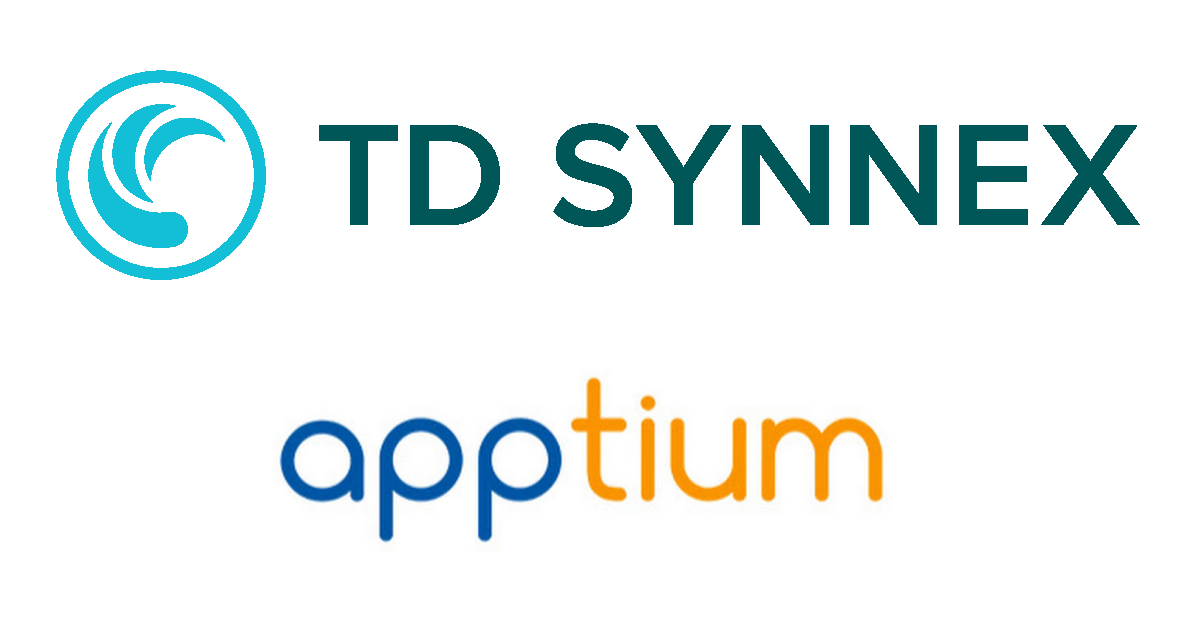
Most personal and financial information is stored online in today’s digital world, meaning identity authentication solutions are crucial. With highly valued assets and confidential data, fintechs are frequently targeted by social engineering scams, phishing attacks, and account takeovers that prey on human vulnerabilities. The issue with these attacks is that they cause significant damage to companies’ reputation, positioning, market trust and their bottom line.
So, who wouldn’t want to implement modern solutions that are designed to verify the identity of individuals before they can access sensitive information or perform transactions, all with the goal of preventing fraud and identity theft?
Well, here’s the reality: According to an authID survey, many organizations still rely on legacy multi-factor authentication (such as one-time-passwords and knowledge-based authentication) that cause significant customer friction and leaves organizations vulnerable to cyberattacks.
While 60% of surveyed professionals said their organizations had not adopted more secure, passwordless solutions, the majority evaluate improvements to their security, according to the survey, and 80% indicated they are likely to evaluate solutions that eliminate the risks and costs of passwords and legacy MFA.
A bright spot in the survey is that nearly one-third of organizations launched passwordless solutions, which is up from 22% last year, and more than half said they anticipate their level of investment in IT security will increase in 2023.
“This survey shows that while more organizations have adopted secure, passwordless authentication, the need and the market opportunity for replacing legacy MFA remains great,” said Jeremiah Mason, Chief Product Officer of authID.
Why are passwordless solutions important? Simple. Passwordless solutions offer several benefits over traditional password-based authentication methods, as they typically use more advanced techniques (such as biometrics, hardware tokens or MFA) to verify the identity of users. This makes it more difficult for attackers to gain unauthorized access to sensitive information.
AuthID’s Human Factor Authentication provides businesses and consumers with trusted, biometric account access and recovery with cloud biometrics bound to the user’s identity. With this authentication, users can log in 100% password-free across any modern device.
Identity authentication solutions are crucial to have, which is why it is important for organizations, not just fintechs, to look at legacy MFA alternatives with passwordless solutions being at the top of the list.
Edited by
Alex Passett






